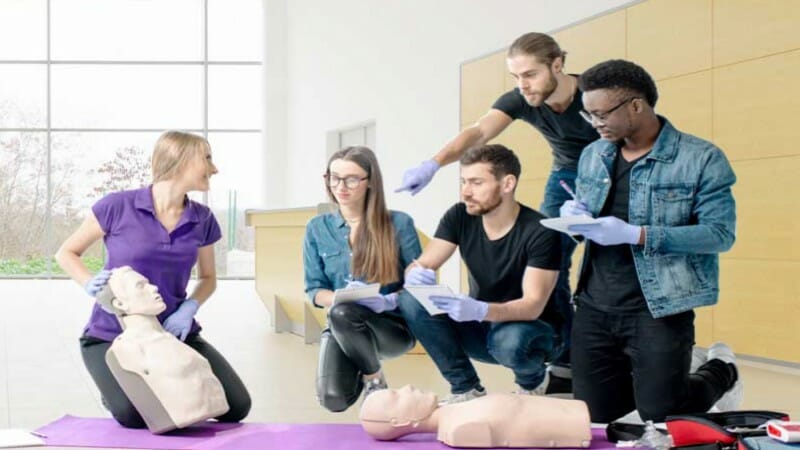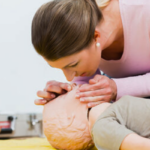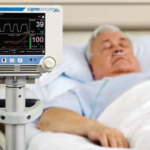
- Last Updated On: February 14, 2024
4 Essential Tips for Handling Emergency Situations
Knowing what to do in an emergency situation is among the key topics taught in BLS CPR certification online class. The golden knowledge of how to handle yourself when in danger might save your life and those of your loved ones.
It is always wise to be prepared for extreme circumstances that require you to apply what you learn in the BLS CPR certification online course when disaster strikes. Sometimes all that stands between life and death is what you know about being in emergency situations. There are numerous ways you can learn, including online classes, as well as courses offered by local institutions. Let’s look at some of the ways you should act when in emergency situations.
Strong Current
Even if you are a great swimmer, being caught in a strong current can be fatal. Currents are very powerful and can pull you to deep parts of the water body where you don’t stand a chance of surviving, especially if there is a rocky waterfall where you might end up falling. If you are on a river and maybe your boat capsizes, or you decided to go for a swim and got caught by a strong current, then the first thing you should do is remain calm and swim diagonally to the river shore and not in the same direction as the current.
If you get caught in strong currents while at sea then do not panic, try to stay as calm as possible. The first instinct that people do in such a situation is to swim against the current, which is usually a bad idea. Even if you are a good swimmer, moving against the current will wear you out in a matter of minutes, hence it is dangerous. The best way to go about it is by swimming sideways or parallel to the beach by getting out of the strong outward current.
What If There Is a Fire?
If you find yourself in a burning building, you should first try and stay calm to allow you to think properly on the best way out of the situation. You should stay low because you need as much oxygen as possible, which is located closer to the ground. Remain in a low position as you find an exit out of the building.
You should never use water as an extinguisher of burning electrical equipment because fire is a good conductor of electricity. This means that you will be making the situation worse by increasing the intensity of the fire.
You avoid opening the windows because you will be allowing more oxygen into the burning building, and since oxygen supports burning, the fire will continue to spread. Avoid hiding inside the burning building. You should try to find a way out, and this will make it easier for rescuers to find you.
Handling Choking
Locate your rib cage and place your fist below it and move it in and then up in a heavy and quick motion. Another way is by leaning over a chair and pressing the abdomen against the back of the chair. You should avoid speaking, drinking, or inhaling deeply.
Bleeding
Minor bleeding can be controlled by cleaning the wound on clean running water, then applying hydrogen peroxide for disinfection, and then putting on a sterile bandage. Extreme bleeding requires cleaning the wound with hydrogen peroxide and putting a firm bandage.
Conclusion
Contact American CPR Care Association today and learn CPR and First Aid to prepare for emergencies.






